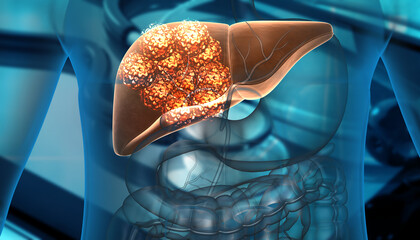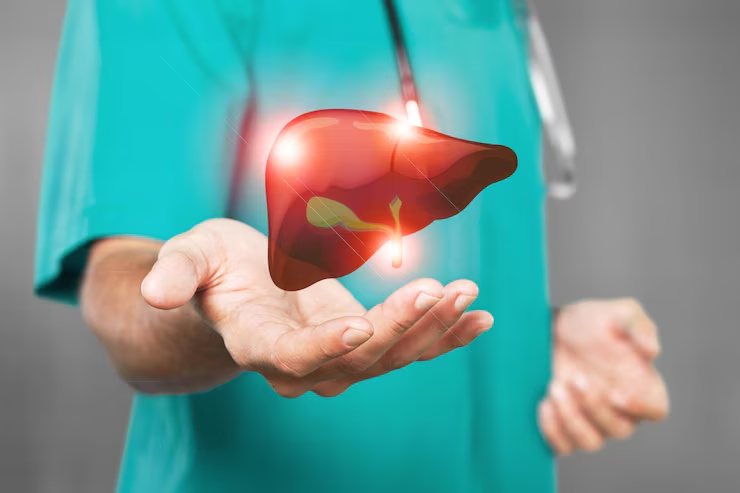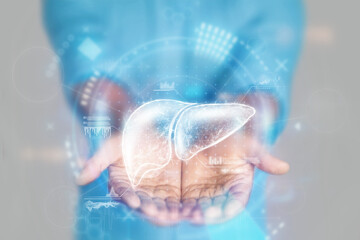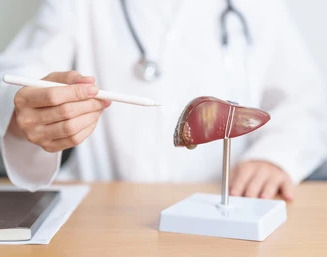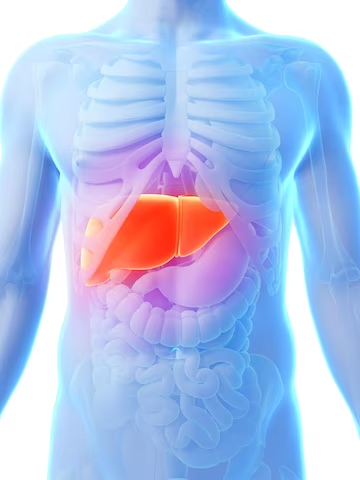What we treat
Protect Your Liver, Preserve Your Life

Medication
Medications can control certain liver diseases like hepatitis or inflammation of the liver. For instance, viral hepatitis may be treated using antiviral drugs, while autoimmune hepatitis can be treated using corticosteroids or other immunosuppressant therapies

Lifestyle Changes
Often, managing good liver health necessitates adopting healthy lifestyles such as maintaining balanced diets that are low in fat and sugar, reducing alcohol intake, exercising regularly and avoiding hazardous conduct like intravenous drug use.

Dietary Modifications:
In some liver problems, such as sicknesses like fatty liver disease, dietary adaptations play a significant role. This may involve cutting back on saturated fats, sugars and processed foods while eating more fruits, vegetables and whole grains.

